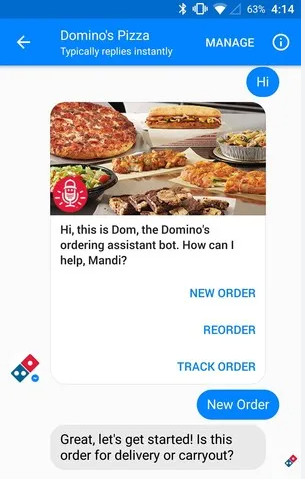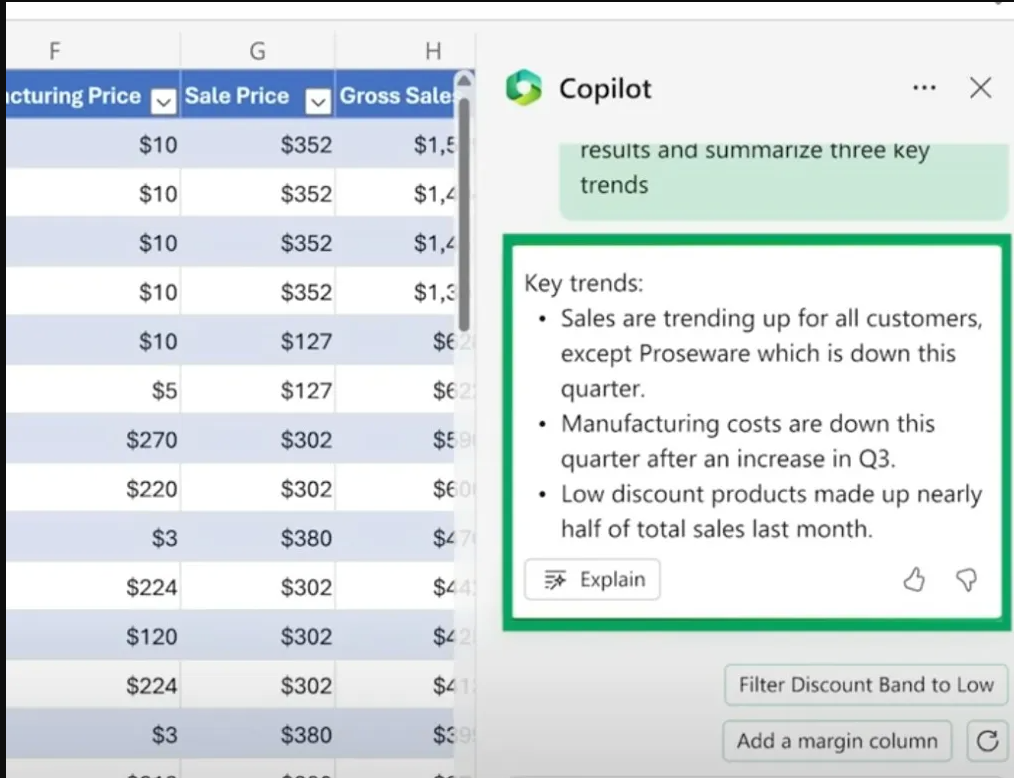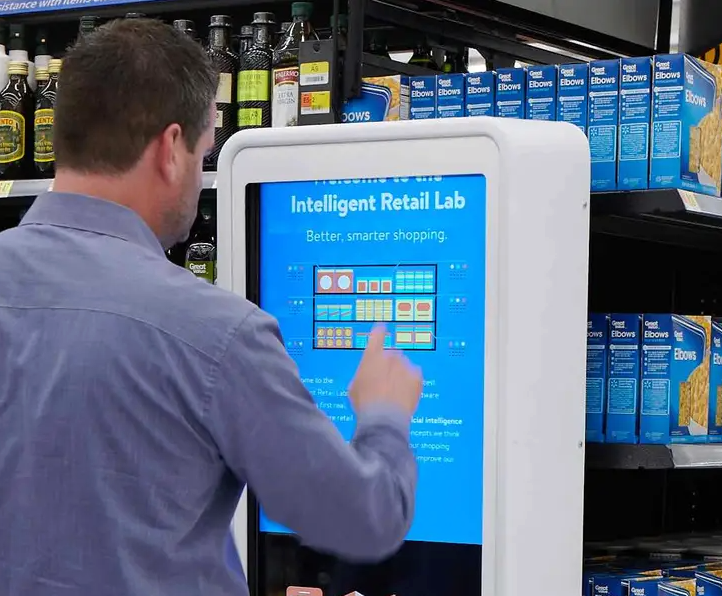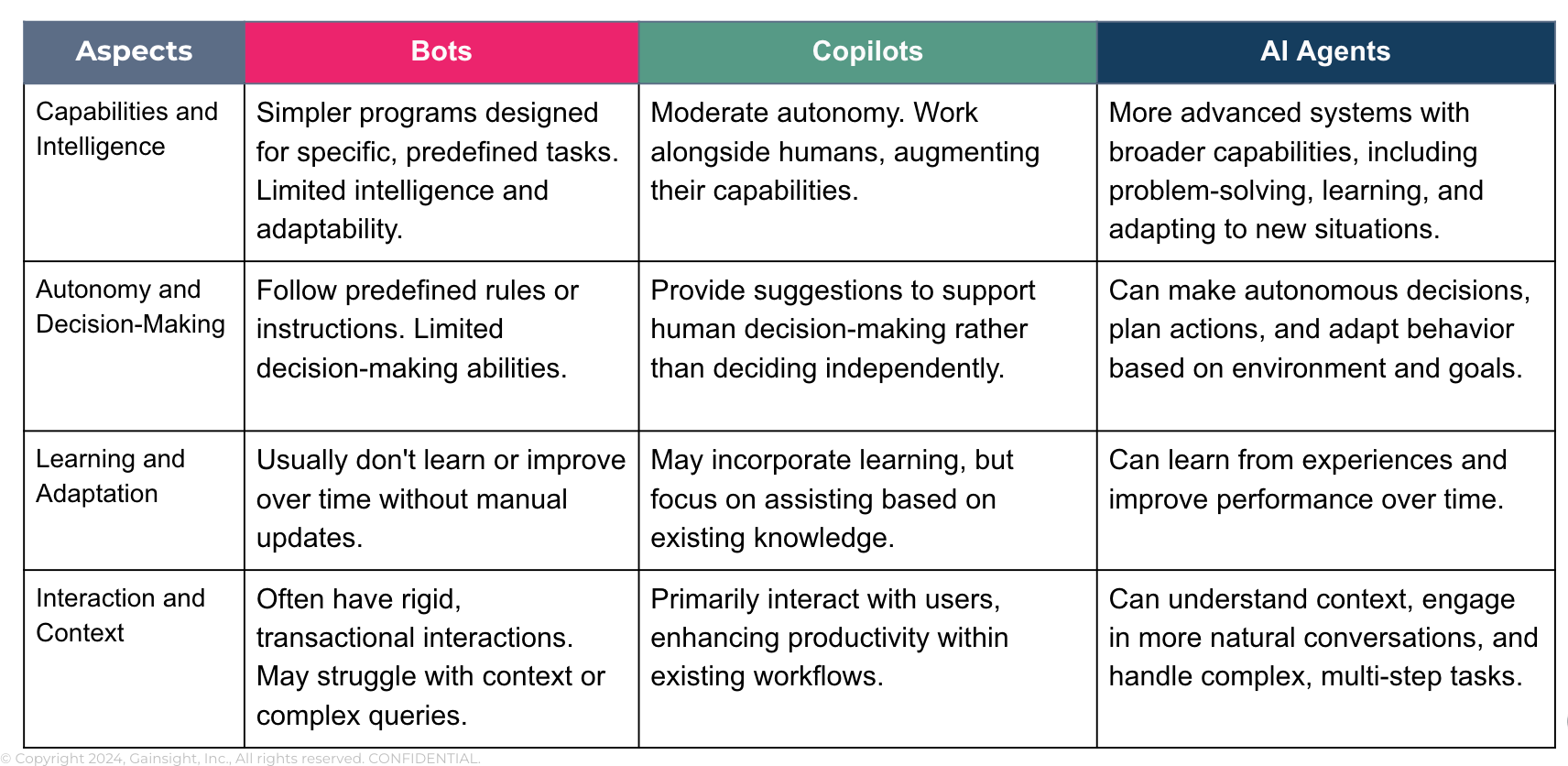In the rapidly evolving landscape of artificial intelligence, we've witnessed a remarkable progression from simple chatbots to sophisticated AI agents. This evolution represents not just technological advancement, but a fundamental shift in how businesses and individuals interact with digital systems. Let's explore the key stages of this evolution and examine why AI agents are positioned to become the next transformative force in technology.
The AI Spectrum: Bots, Copilots, and Agents
Bots: The Foundation
Bots represent the initial wave of AI-powered tools. Characterized by:
- Specific, predefined task execution
- Rule-based decision-making
- Limited adaptability and learning capabilities
- Basic natural language processing
While effective for simple tasks like answering FAQs or retrieving basic data, bots lack the sophistication required for complex problem-solving.
Real-World Example: Domino's Pizza revolutionized fast-food ordering with their Facebook Messenger chatbot. This rule-based system streamlined the pizza ordering process, allowing customers to easily select their preferences and complete orders through a familiar messaging platform. While limited to a specific task, Domino's bot demonstrates how even simple bot implementations can significantly enhance customer experiences in the retail sector.

AI Copilots: Augmenting Human Capabilities
AI copilots mark a significant advancement, offering:
- Moderate autonomy, working alongside humans
- Support for decision-making through intelligent suggestions
- Integration with existing software ecosystems
- Advanced technologies like machine learning and natural language understanding
Real-World Example: Microsoft's Copilot 365 has transformed how professionals interact with familiar productivity tools. Integrated into the Microsoft Office suite, Copilot 365 automates data analysis in Excel, streamlines document creation in Word, and enhances email management in Outlook. By working within existing workflows, Copilot 365 augments human capabilities, boosting efficiency across various business functions without replacing the human element.

AI Agents: The Next Frontier
AI agents represent the cutting edge of artificial intelligence. Agentic workflow refers to the autonomous, goal-oriented process through which AI agents operate to complete tasks or achieve objectives. This concept is crucial in understanding how advanced AI systems function in complex environments. Key aspects of agentic workflow include:
- Autonomous decision-making and action planning
- Goal-oriented behavior (towards specific objectives, adjusting their actions as needed)
- Adaptive learning and performance improvement
- Contextual understanding and handling of complex, multi-step planning and task execution
- Integration with enterprise systems and utilization of various tools
Real-World Example: Walmart's Intelligent Retail Agent (IRA) showcases the transformative power of AI agents in retail. IRA uses computer vision and machine learning to monitor shelf stock levels in real-time. The AI agent analyzes historical sales data, seasonal trends, and external factors to predict future product demand. It adjusts prices dynamically based on competitor pricing, demand, and inventory level.
Walmart's IRA demonstrates how AI can orchestrate and optimize entire business processes, representing a quantum leap in AI capabilities. The level of autonomy and complex decision-making is unprecedented.

Here is a summary of how these technologies are different from each other.

Market Trends and Growth
The AI agents market is experiencing significant growth:
-
Valued at $3.86 billion in 2023
-
Projected to reach $47.1 billion by 2030, with a CAGR of 44.8%
-
Some estimates suggest growth to $210.66 billion by 2033 (LINK)
Conclusion
The progression from Domino's simple ordering bot to Microsoft's productivity-enhancing Copilot 365 and further to Walmart's sophisticated IRA, represents a fundamental shift in how businesses leverage artificial intelligence. We will likely see AI agents becoming increasingly integrated into our daily lives and business operations in the coming years. As we stand on the brink of this AI revolution, it's clear that the future of business and technology will be shaped by our ability to harness the power of intelligent agents while navigating the challenges they present.
